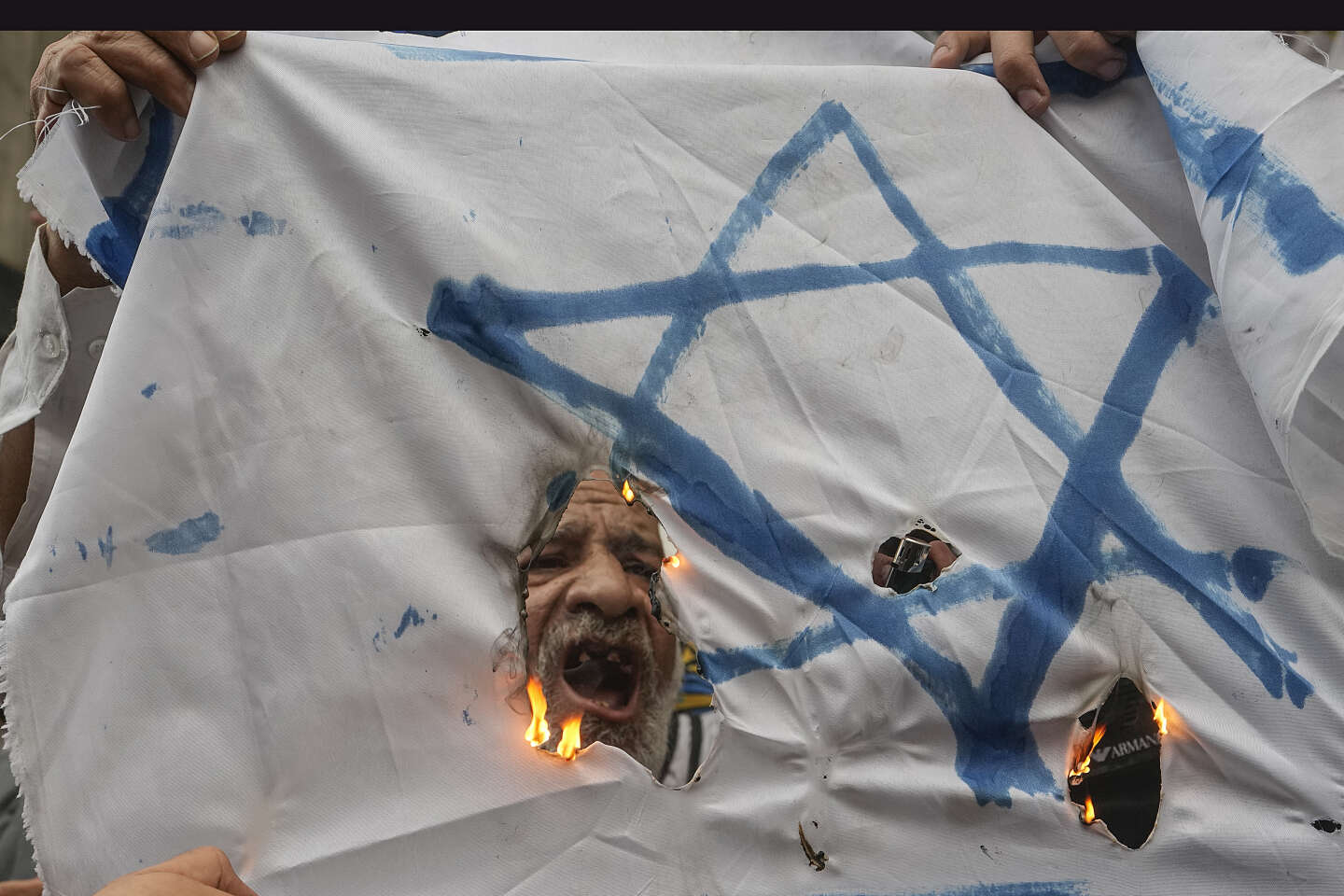


During the war between Israel and Hamas in the summer of 2014, the people in Gaza reviled Egyptian President Abdel Fattah el-Sisi as much as Israeli Prime Minister Benjamin Netanyahu and then US President Barack Obama. El-Sisi, who had come to power a year earlier following a military coup against the Muslim Brotherhood in Cairo, seemed in no hurry to impose a ceasefire on Israel.
In Cairo, as with the backers in Abu Dhabi and Riyadh, the desire to deal a decisive blow to the Palestinian militant movement – an offshoot of the Islamist Brotherhood – seemed to prevail, much to the chagrin of Qatar, a rival mediator who was at Hamas's bedside. Their differences contributed to prolonging the war for almost 50 days and, with it, the suffering of the Gazans.
Nine years on, there has not been any Arab cacophony yet. The region's leaders have put up a united front against Israel. From Cairo to Amman, from Riyadh to Doha, none has condemned the massacres committed by Hamas on October 7. El-Sisi, King Abdullah II of Jordan, Saudi Crown Prince Mohammed bin Salman and the Emir of Qatar, Sheikh Tamim bin Hamad Al Thani: They all blame the Israeli occupation and repeated violations of Palestinian rights for Hamas's outburst of unbridled violence on that day.
They have urged Israel to put an end to its bombardments in the Gaza Strip and criticized the blind support it receives from the US and Europe. Except for a few Western countries, most have refused to call for a ceasefire despite the appalling toll of civilian casualties and the scale of the humanitarian crisis.
Regional security under threat
The forceful and violent return of the Palestinian question has derailed the bewitching little tune of normalization with Israel that had been lulling Arab capitals for three years. Palestinian aspirations, which they had wrongly neglected out of weariness or with the illusion nurtured in Washington, that a new regional stability could be established without a political solution to the Israeli-Arab conflict, are blowing up in their faces.
Not only has anger flared up in the Arab streets at the images of the massacres of civilians in the Gaza Strip, but the entire regional security architecture, built up against Iran, is now threatened by the risk of the conflict spreading to other fronts, from Lebanon to Syria, Iraq and Yemen, against both Israel and the Gulf states.
Saudi Arabia has had no choice but to end negotiations, conducted through Washington, for normalization with Israel. The United Arab Emirates, head of the Abraham Accords signed with Israel and Bahrain in 2020, is urging it to accept a ceasefire in the Gaza Strip.
You have 55% of this article left to read. The rest is for subscribers only.
